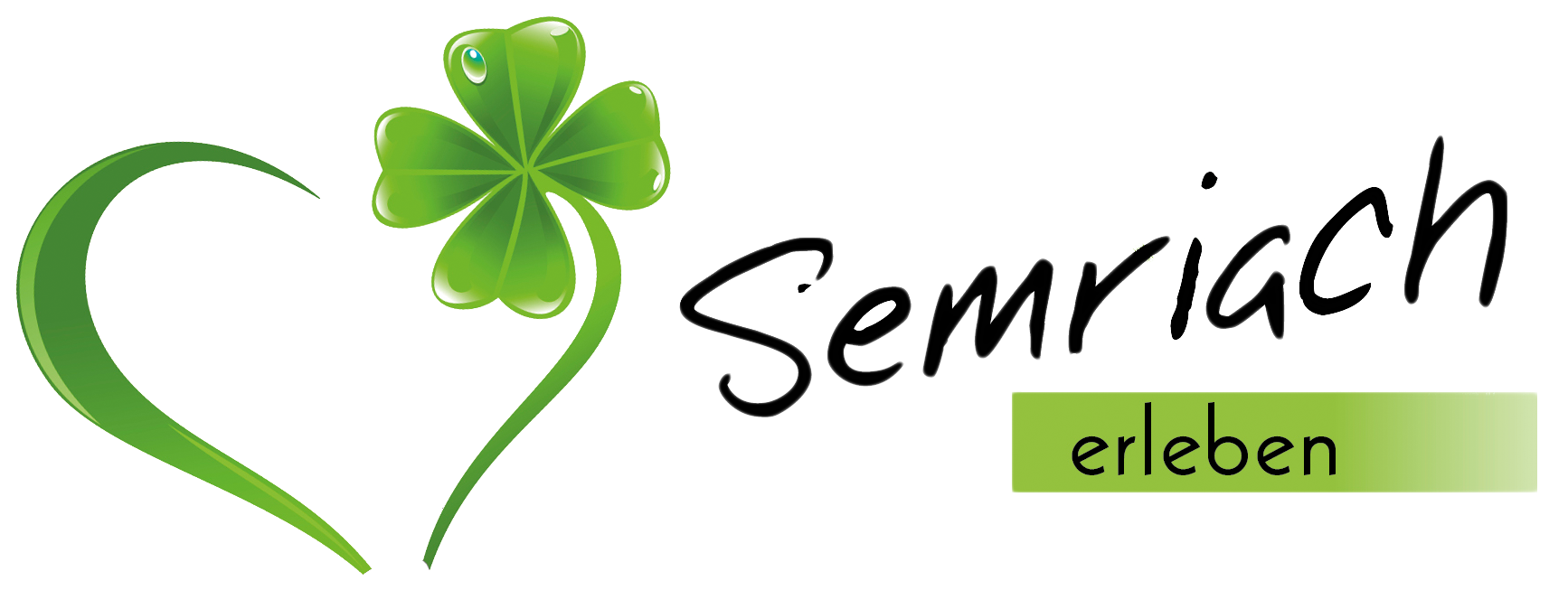What Is a Gluten-Free Diet?
A gluten-free diet plan is a dietary method that gets rid of the consumption of gluten, a healthy protein located in wheat, barley, as well as rye. This diet is mostly complied with by individuals with celiac condition, gluten level of sensitivity, or wheat allergic reaction. Gluten-free diets have gained significant popularity in recent times, not only amongst those with medical conditions yet likewise among people looking for overall health as well as health.
Gluten is a composite of 2 proteins, gliadin as well as glutenin, and also it is accountable for the flexible appearance of dough. For people with celiac disease, gluten triggers an immune action that harms the tiny intestine, resulting in different signs and symptoms and long-lasting difficulties. Signs may consist of abdominal pain, bloating, diarrhea, fatigue, and also even lack of nutrition.
Who Should Follow a Gluten-Free Diet Regimen?
The primary team of individuals who must stick to a gluten-free diet are those with gastric condition, an autoimmune disorder affecting approximately 1% of the population worldwide. In individuals with celiac illness, priapus precio the consumption of gluten triggers inflammation and damage to the lining of the small intestinal tract, as well as this damage can interfere with the absorption of nutrients.
Furthermore, people that are gluten sensitive may likewise benefit from a gluten-free diet regimen. Gluten level of sensitivity, additionally known as non-celiac gluten sensitivity, is a problem in which individuals experience symptoms comparable to those with celiac illness yet do not have the characteristic digestive damage. While the precise prevalence of gluten level of sensitivity doubts, quotes recommend it might affect approximately 6% of the population.
Lastly, some individuals with wheat allergic reaction, a details allergy to proteins located in wheat, may discover alleviation by preventing gluten-containing items. Wheat allergy is an IgE-mediated immune action that normally manifests as skin, respiratory system, or stomach symptoms upon wheat usage.
Advantages of a Gluten-Free Diet
For individuals with celiac disease, a gluten-free diet is important to avoid signs and complications related to the condition. By removing gluten from their diet plan, people with celiac condition can allow their little intestine to heal, causing boosted nutrient absorption and also overall health.
Moreover, individuals with gluten sensitivity usually experience sign alleviation by complying with a gluten-free diet regimen. While the mechanisms behind gluten sensitivity are not completely comprehended, getting rid of gluten from the diet plan can reduce signs and symptoms such as bloating, stomach discomfort, and also tiredness.
Furthermore, some people without details medical problems pick to embrace a gluten-free diet as a lifestyle option. They may believe that eliminating gluten can improve digestion, boost energy cara pemakaian cellarin levels, as well as boost their total health and wellness, although scientific evidence sustaining these cases is limited.
- Boosted digestive health
- Boosted vitamins and mineral absorption
- Minimized bloating and also abdominal pain
- Increased power levels
- Weight management advantages
It is very important to note, however, that adopting a gluten-free diet plan without any clinical necessity may lead to potential nutrient shortages. Wheat-based products are usually fortified with necessary vitamins and minerals, and removing them from the diet may need careful preparation to make sure appropriate nutrient intake.
Foods to Avoid on a Gluten-Free Diet
When following a gluten-free diet plan, it is important to prevent any type of foods or active ingredients that contain gluten. This may involve reading food tags thoroughly as well as understanding hidden resources of gluten. Some common foods as well as ingredients to stay clear of include:
- Wheat-based items, such as bread, pasta, and also grains
- Barley
- Rye
- Triticale (a cross in between wheat as well as rye)
- Maker’s yeast
- Most beers as well as ales
- Some refined foods, consisting of sauces, dressings, and soups
Along with these noticeable sources of gluten, people complying with a gluten-free diet must also be cautious with cross-contamination. Cross-contamination can occur when gluten-free foods come into call with gluten-containing foods during prep work or food preparation. This can take place in common cooking surface areas, utensils, or even through airborne flour fragments.
Gluten-Free Alternatives
Fortunately, there are many gluten-free choices offered that can replace typical gluten-containing products. These choices enable people on a gluten-free diet plan to still take pleasure in a wide array of foods as well as preserve a well balanced diet regimen. Some preferred gluten-free choices consist of:
- Gluten-free flours, such as rice flour, almond flour, and coconut flour
- Gluten-free bread and also pasta made from alternative grains and also beans, such as corn, quinoa, or chickpeas
- Gluten-free oats (licensed gluten-free to avoid cross-contamination)
- Gluten-free cereals and granolas
- Gluten-free baking mixes and also pre-packaged goods
- Fruits, vegetables, and beans
- Lean healthy proteins, including meat, fish, as well as chicken
- Dairy items
By checking out these alternatives as well as try out gluten-free recipes, people can produce delicious as well as nutritious meals while still sticking to a gluten-free diet plan.
The Bottom Line
A gluten-free diet plan is essential for people with celiac condition, gluten level of sensitivity, or wheat allergic reactions. Getting rid of gluten from the diet can minimize signs as well as prevent long-lasting difficulties connected with these problems. However, for individuals without certain medical needs, adopting a gluten-free diet regimen might not offer considerable advantages and also can potentially result in nutrient shortages otherwise very carefully prepared.
If you believe you have celiac condition or gluten sensitivity, it is advised to seek advice from a medical care professional or a signed up dietitian that can offer comprehensive guidance and also assistance in implementing a gluten-free diet plan while guaranteeing your nutritional requirements are fulfilled.


